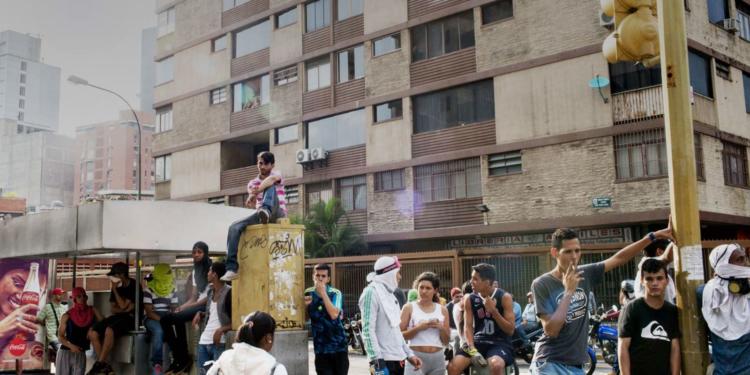The first time I took note of Venezuela as a country was not when it was sending one Miss Universe or the other (Miss World) but while I was on my first job which was in Aluminium industry. India’s bauxite reserves position was fifth in the world, so naturally, the curiosity was which country holds the first position and the answer was Venezuela. Not only that, but it also had an abundance of cheap hydel power another important ingredient for making Aluminium. So there were some discussions involving why not acquire an Aluminium plant there which could produce the cheapest Aluminium in the world. The idea was triggered by some common followers of Maharshi Mahesh Yogi, who was quite popular in Venezuela at that time. Much later when I was working in Steel Industry with ArcelorMittal, a similar story about an aborted acquisition of a Steel plant there was going around. Mittal who has a sharp eye for picking the right acquisition declined at the last moment to go ahead, despite Venezuela boasting the second largest coal mines in Latin America and one of the top countries with iron ore reserves.
I actually got to visit Caracas in 2008, in my current company that is in Oil and Gas, and that time the Oil prices were at its historic highest close to USD140/bbl. Not surprisingly, it is Venezuela and not Saudi Arabia, that has the highest Oil reserves (close to 800 billion bbls) mostly untapped. Not just this, the country also is the second largest in gold mines. With so much of abundance in natural resources, there is no reason why this country should be starving. It should naturally be the richest in the world! So why is it not? It isn’t the gift of having the best of natural resources that makes a country rich, but how well you put the best of your resources – your people to add value to it. Through the right kind of political and industry leadership. If there is any doubt, look at Taiwan or Singapore which have almost zero natural resources but countries that boast of high productivity and human ingenuity that make them add value!
In 2008, the Bolivarian Revolutionary leader Chavez was at the heights of his power. He was being looked up to by the neighbouring socialist countries as the natural successor to Castro. Someone who could stand up against the US and its bullying in the region and had the gumption to nationalise and expropriate even foreign company assets when they refused to work when Venezuelan government or the State-owned enterprises would not pay them up. Such heroics made him more popular among the working class for whom he had set up huge Social Development Funds, that every private enterprise must donate to if they work in Venezuela. Yet they would be exporting their heavy crude at a discount, and import high priced gasoline as they didn’t have the refining ability or capacity to process their own crude. All this worked well until Oil prices were surging, despite huge social costs, mounting state debt and inflation, and unshackled corruption. In Sep 2008, when the global financial crisis made Oil prices fall, things started to turn far worse.
Despite Oil prices clawing back in 2010, an ailing Chavez, and the political quagmire meant no forward-looking decision making until Chavez named his successor Maduro (a big Saibaba devotee. Like Maharshi Mahesh Yogi, Saibaba of Puttaparthi is quite popular in Venezuela) in 2013 and then passed away. With the leadership change at the top, people expected more foreign investment and activity picking up, but sadly that was not the case to be. Maduro, though less popular than his illustrious predecessor was no less in pursuing his socialistic and state-controlled policies, and the great fall of Oil prices in 2014, triggered the saddest episodes in the history of one of the most resource-rich nations, whose currency is so devalued it doesn’t have the value of its paper it is printed, and people are on the streets fighting for food!
Maduro now faces the biggest challenge to his power, with Juan Guaido, the opposition leader claiming to be President on his own, the foreign powers eyeing an opportunity to grab their hold on the resources, this is going to be another Iraq or Syria, engaged in a long bloody battle for power, if it doesn’t get sorted out in this current mayhem. Whatever it results in, the country definitely needs to shed one thing to move forward – the failed policies and ideologies of its State that have ruined it so far!























